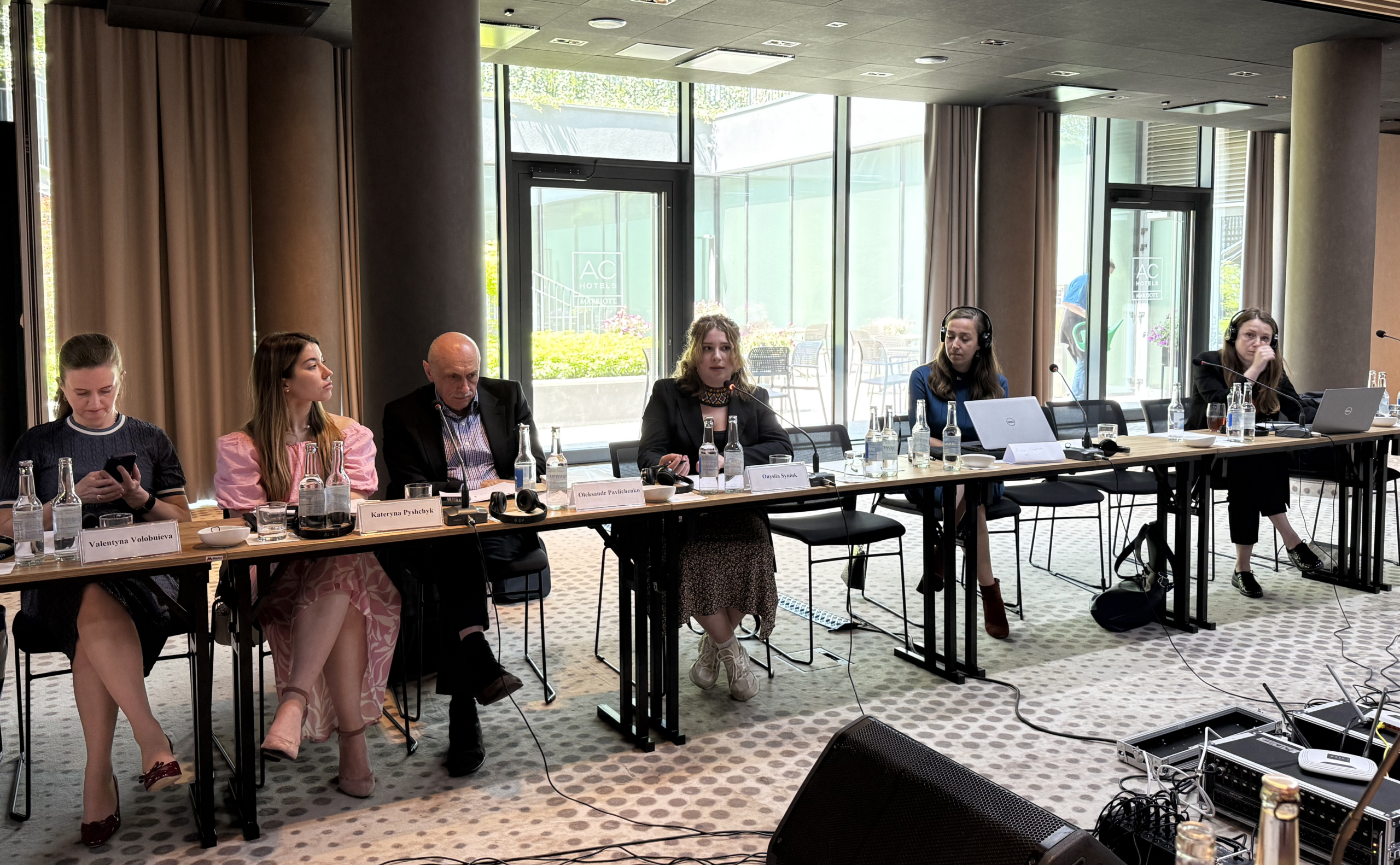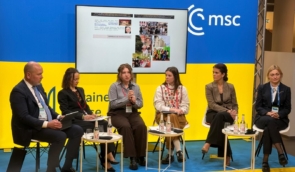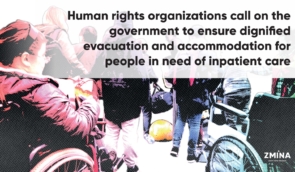Onysiia Syniuk from ZMINA discussed Ukraine’s path to accountability during the event in Kraków
The event “From Government to Civil Society: Advancing Justice and Accountability in Ukraine” took place in Kraków, Poland, on June 18. The event was hosted by the Netherlands Helsinki Committee and aimed to tackle one of the most pressing issues in Ukraine today: how to deliver real justice for international crimes. With Ukraine moving toward EU membership, the message was clear: civil society must be at the centre of justice efforts.

One of the key voices at the event was Onysiia Syniuk, Legal Analyst at the Human Rights Centre ZMINA. She emphasised the many critical roles that civil society plays — from documenting crimes and identifying patterns, to providing expert input that can help guide improvements in Ukrainian law. Syniuk highlighted the importance of recent changes, like the addition of a specific article on crimes against humanity to Ukraine’s Criminal Code, which opens up new avenues for justice.
She also pointed out that civil society doesn’t just raise alarms — it helps deliver justice. NGOs like ZMINA are providing law enforcement with victim testimonies, giving legal advice to survivors, and supporting communication with international bodies like the International Criminal Court and various UN mechanisms. These efforts, while sometimes not legally binding, help validate and amplify evidence of crimes for the international community.
At the same time, Syniuk named several challenges. While government openness to civil society has improved since the full-scale invasion, cooperation often depends on whether authorities find it useful, rather than being part of a structured, institutional partnership. Differences in openness between state agencies can complicate efforts, especially on issues like collaboration laws, where legislative changes are clearly needed but politically stalled. In some cases, civil society has had to work around this by pushing for changes in legal practice instead.
She also pointed out that while international partners are often supportive, there are gaps. Civil society expertise is sometimes used without giving NGOs a real seat at the table or an opportunity to shape decisions. There’s also a need for more recognition that local organisations have deep insight into what works on the ground.
The event made it clear that achieving justice isn’t just about courts and laws. It’s about truth, trust, and recovery — and ensuring that justice is something people can truly feel in their lives. The panel called for a shift from state-led processes to society-driven justice, where communities are not just witnesses to justice but co-creators of it.
If you have found a spelling error, please, notify us by selecting that text and pressing Ctrl+Enter.















